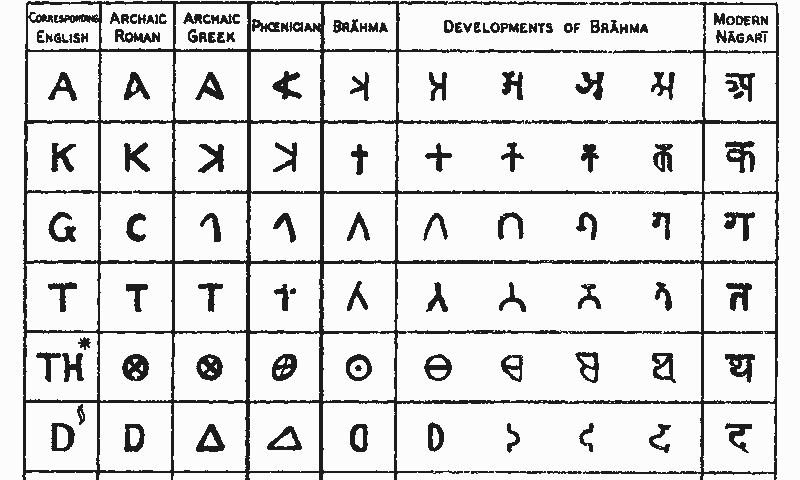The oldest known languages include sanskrit sumerian hebrew and basque

The Oldest Known Languages: Sanskrit, Sumerian, Hebrew, and Basque

Language, the incredible tool that humans use to communicate, has been evolving and diversifying for thousands of years. While many languages have faded away, there are a few ancient languages that have stood the test of time. Sanskrit, Sumerian, Hebrew, and Basque are among the oldest known languages in the world. Let’s explore these fascinating languages and their unique characteristics.
Sanskrit: A Sacred and Timeless Language
Dating back over 3,500 years, Sanskrit is an ancient Indian language with a rich history and cultural significance. It is considered the liturgical language of Hinduism, Buddhism, and Jainism. Sanskrit is known for its grammatical structure, precise phonetics, and a vast library of religious and philosophical texts known as the Vedas. Even today, Sanskrit continues to be studied and used in some traditional Indian schools and universities.

Sumerian: The Language of Ancient Mesopotamia
The Sumerian language, originating in Mesopotamia (modern-day Iraq) around 4,000 years ago, is considered one of the earliest written languages in human history. Cuneiform, the writing system used to record Sumerian, has provided valuable insights into early civilization, including literature, laws, and administrative records. As the language of ancient city-states like Uruk and Ur, Sumerian offers a window into the distant past of human culture and society.
Hebrew: The Language of the Bible
Hebrew, originating around 3,500 years ago, is the language of the Bible and holds immense cultural and religious significance for the Jewish people. Initially spoken by the ancient Israelites, Hebrew experienced a revival during the late 19th century when it became an everyday spoken language once again. Today, Hebrew is the official language of the modern State of Israel and is spoken by millions worldwide.
Basque: Europe’s Ancient Language
Basque, spoken by the Basque people, is a language isolate, meaning it has no known relationship to any other language. Originating in the region of northern Spain and southwestern France around 2,000 years ago, Basque boasts a uniqueness that fascinates linguists. Despite numerous invasions and the rise of surrounding languages, Basque has managed to survive and thrive. Its rich oral tradition, unique grammatical structure, and cultural importance make it a cherished part of the Basque identity.
In conclusion, Sanskrit, Sumerian, Hebrew, and Basque are some of the oldest known languages that have stood the test of time. These languages not only provide valuable insights into ancient civilizations but also continue to shape cultural identities and foster connections to our past. Through the study and preservation of these ancient languages, we can better understand the roots of human communication and appreciate the linguistic diversity that exists in the world today.
Source: 12 Interesting Facts About Languages
Tags
Share
Related Posts
Quick Links
Legal Stuff

